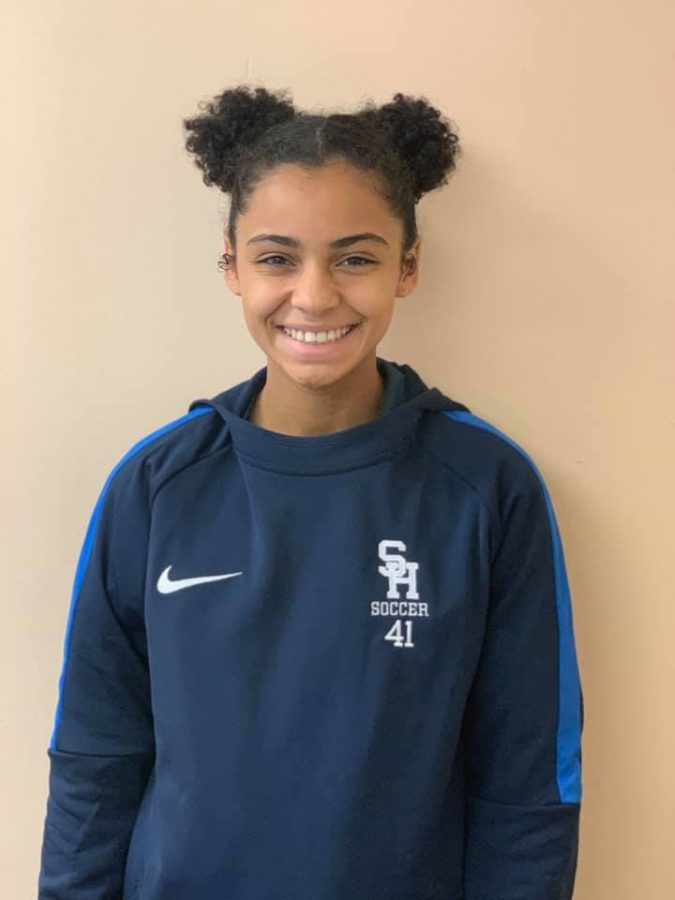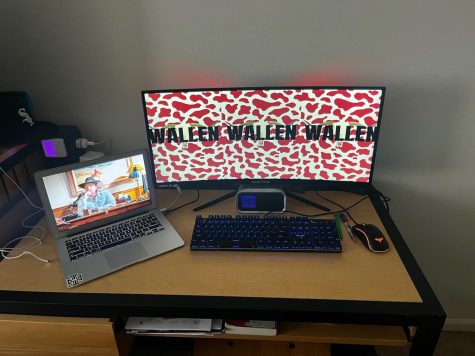COLUMN: To Cram, or Not To Cram?
Flashcards, note-taking, creating a memorable phrase or tune, repetition. These are just a few of the most commonly used study methods.
While one thing may work for a certain person, that same thing might be completely ineffective to another. It’s difficult to truly gauge what works best for students in general because everyone learns and remembers differently.
However, here are some things I found that worked best for me and a few others. I asked Reese Dillard, a sophomore at Siena, what she prefers in terms of study methods, what she’s been told is effective, and a myth about studying that she has discovered.
She said, “My best way of studying is reading, taking notes and repetition of looking over the material. I’ve always been told that going over the material seven times was the most effective way to study. A myth that I’ve always been told is that cramming the night before the test works.”
Autumn Clayborn, a freshman at Fisk University in Nashville, Tenn., said, “I am an audio type of learner. I reread my notes then reteach it to someone who doesn’t know it, to make sure I can explain it effectively. I’ve been told that flashcards and repetition were effective study methods. A myth that I’ve discovered is that you can’t cram it into one night you have to be strategic about it.”
Scientific research tells us that some of the most effective ways to study are spacing out study sessions, taking good notes, and not studying for too long. Doing things over time, instead of waiting until the last minute is an uncommon study method amongst many college students.
Psychologist Hermann Ebbinghaus calls this the spacing effect. It has been proven through various studies that the brain can retain more information when you learn it over time, or in increments rather than all at once.
This means that one can “… cut study time nearly in half, with the same result, by distributing the practice” (Willingham 1). Another method that has proven itself to be effective is to take well-organized notes and paraphrase the material you are trying to learn.
Organized notes allow for the learner to easily be able to go back and look at important concepts, and also provide a structure which makes studying them easier. Paraphrasing is a helpful tool simply because things are easier to understand when they are explained in your own words.
The last method is a bit controversial. Researchers suggested that studying for long periods of time is not a good habit. However, it is common among most students to study until they have finished something, or ‘get in the groove’ of studying and become more productive as time elapses. These are some things to consider, or even adopt into your own study routines.
However, as I stated before, everyone has their own way of remembering and learning, so do what works best for you.









